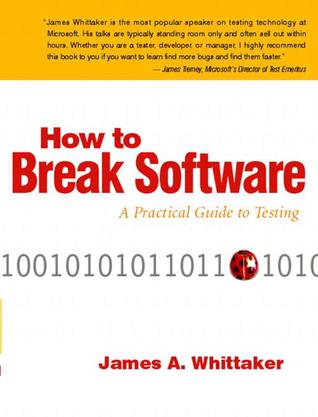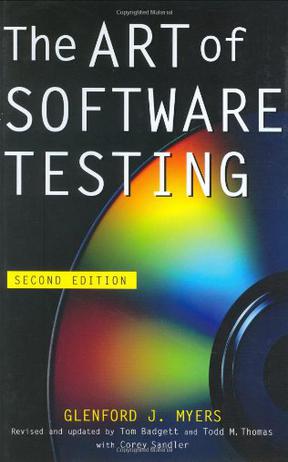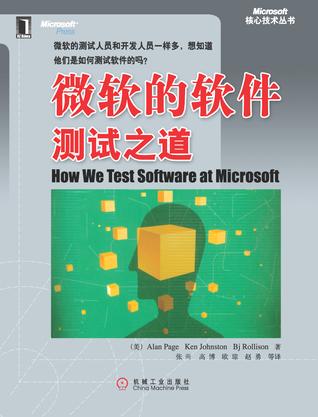-

How to Break Software
How to Break Software is a departure from conventional testing in which testers prepare a written test plan and then use it as a script when testing the software. The testing techniques in this book are as flexible as conventional testing is rigid. And flexibility is needed in software projects in which requirements can change, bugs can become features and schedule pressures often force plans to be reassessed. Software testing is not such an exact science that one can determine what to test in advance and then execute the plan and be done with it. Instead of a plan, intelligence, insight, experience and a "nose for where the bugs are hiding" should guide testers. This book helps testers develop this insight. The techniques presented in this book not only allow testers to go off-script, they encourage them to do so. Don't blindly follow a document that may be out of date and that was written before the product was even testable. Instead, use your head! Open your eyes! Think a little, test a little and then think a little more. This book does teach planning, but in an "on- the-fly while you are testing" way. It also encourages automation with many repetitive and complex tasks that require good tools (one such tool is shipped with this book on the companion CD). However, tools are never used as a replacement for intelligence. Testers do the thinking and use tools to collect data and help them explore applications more efficiently and effectively. -

Beautiful Testing
Just how critical is testing to the success of a software project? And how can you make these tests simple yet maintainable, flexible, and efficient? This unique book offers essays from 25 leading software testers that illustrate the qualities and techniques necessary to make testing an art in itself. Through personal anecdotes, you'll learn how each of these professionals developed best practices for testing a wide range of software projects involving XMPP, GUI tools, Open Map applications, and more. Topics of this book include: OLPC project testing - Mel Chua (The Open Planning Project); Open Maps application testing - Steve Coast (founder of OpenStreetMap); AbiWord open source app testing - Kamran Khan (AbiWord word processor); GNU Compiler Collection tool testing - Mark Mitchell (GCC); GUI Tools - Adam Christian and Mikeal Rogers (OSAF/Mozilla); Python Language testing - Neal Norwitz; Network testing frameworks - Jim Walker (OpenSolaris); and, XMPP Protocol testing - Remko Troncon (Jabber). "Beautiful Testing" provides you with knowledge gained from years of experience that you can put to the test on your own projects. -

The Art of Software Testing, Second Edition
This long-awaited revision of a bestseller provides a practical discussion of the nature and aims of software testing. You'll find the latest methodologies for the design of effective test cases, including information on psychological and economic principles, managerial aspects, test tools, high-order testing, code inspections, and debugging. Accessible, comprehensive, and always practical, this edition provides the key information you need to test successfully, whether a novice or a working programmer. Buy your copy today and end up with fewer bugs tomorrow. -

微软的软件测试之道
本书是以使读者熟悉微软产品、微软工程师、微软测试人员、测试的作用和对软件工程的通常做法作为开始。书的第二部分讨论许多在微软常用的测试实践和工具。 书的第三部分探讨某些我们工作中使用过的工具和系统。书的最后一部分探讨在微软测试和质量的未来方向,以及我们打算怎么创造未来。 本书结构清晰,内容详实,可作为广大软件测试人员的参考用书。